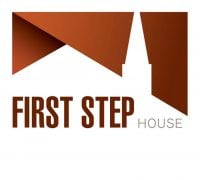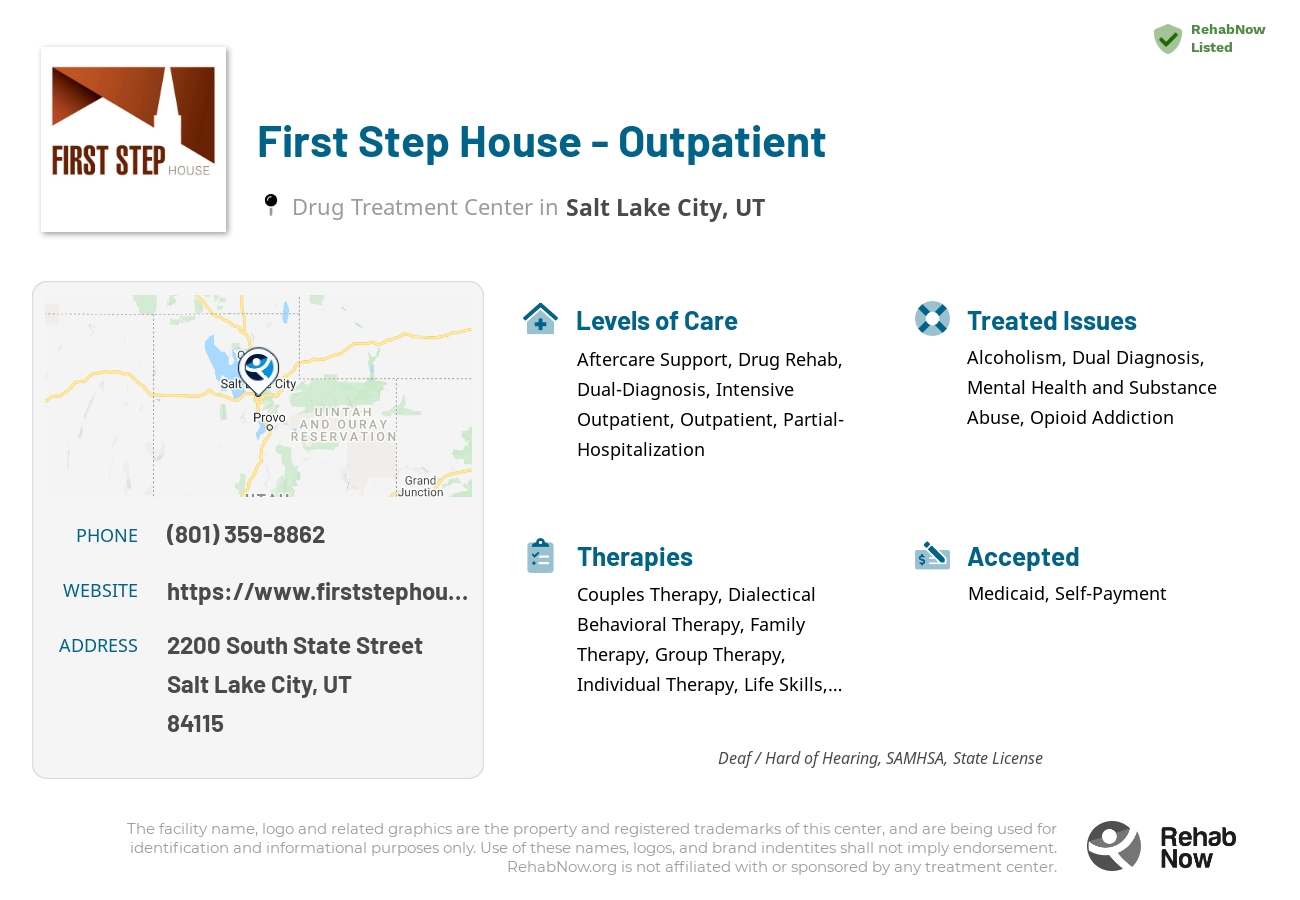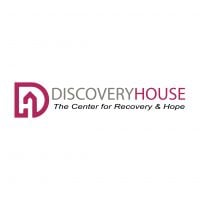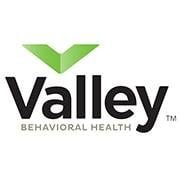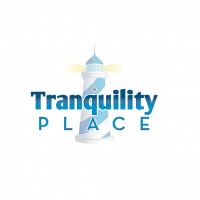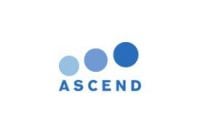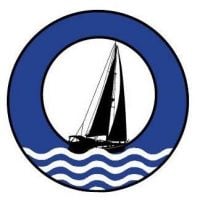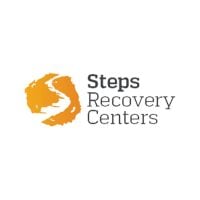First Step House - Outpatient
Drug Rehab Center in Salt Lake City, Utah
First Step House Outpatient in Salt Lake City offers comprehensive evidence-based addiction treatment services with a holistic approach, including individual and group counseling, medication-assisted treatment, and specialty programs, with accreditation and certification from multiple organizations and opportunities for volunteering and community outreach.
About First Step House - Outpatient in Utah
First Step House - Outpatient in Salt Lake City, Utah provides comprehensive treatments for individuals struggling with addiction and substance abuse disorders. The facility is staffed with certified professionals and offers multiple different treatment options for those in need. First Step House is dedicated to creating meaningful recovery plans that take into account the unique emotional, physical, mental and spiritual needs of each individual. The facility offers individual and group counseling, family counseling and education, medication-assisted treatment, cognitive therapy, wellness education and aftercare services.
First Step House - Outpatient offers evidence-based addiction treatment services that are tailored to each person’s individual needs. The facility provides a variety of counseling and therapy options as well as medication-assisted treatment to help individuals break the cycle of addiction and maintain sobriety. In addition, the facility offers specialty programs such as relapse prevention, anger management, and gender-specific programs, which all have a holistic approach to addiction treatment.
First Step House - Outpatient is accredited and certified by the Utah Department of Human Services, The Utah Substance Abuse and Mental Health Bureau and the Commission on Accreditation of Rehabilitation Facilities. It is also committed to providing quality care and has received the JCAHO Gold Seal of approval. In addition, First Step House offers a variety of volunteering opportunities, including support group facilitator, outreach coordinator, and recovery coach. They also provide free resources on addiction, recovery, and wellness support to the community.
Genders
Ages
Modality
Additional
Accreditations
State License
SAMHSA
Conditions and Issues Treated
Opioid addiction has become a significant health problem in the United States. When a person’s life becomes unmanageable because of an opioid addiction, treatment can help them get sober. Treatment includes medical care and counseling.
“With so many people struggling with opioid addiction, we need more care and attention for those who want to quit. Opioid addicts often take opioids when they experience a painful injury – that’s how the cycle starts! When someone begins taking their medication differently than prescribed or takes an excessive amount of drugs, it means they’re hooked on drugs and in danger of overdosing.
The most successful way to beat this is through detoxing from these types treatments at First Step House - Outpatient in . Most facilities start by using medical support during the process while providing counseling services; rehabilitation comes later on after treatment has been completed successfully.
A “dual diagnosis” is when the individual has two medical issues at the same time. The top co-occurring mental disorders with addiction are depression, anxiety, ADHD, bi-polar disorder. Addiction is also considered a mental illness that is not a choice but rather a medical condition. Addiction can be caused by any number of underlying issues.
Dual diagnosis is provided by First Step House - Outpatient to treat addictive tendencies as well as any untreated mental illnesses. This ensures successful long term health and recovery for patients after treatment has been completed.
Dual diagnosis is provided by First Step House - Outpatient to treat addictive tendencies as well as any untreated mental illnesses for people in Utah. This ensures successful long term health and recovery for patients after treatment has been completed.Levels of Care Offered
This center offers a variety of custom treatment tailored to individual recovery. Currently available are Aftercare Support, Drug Rehab, Dual-Diagnosis, Intensive Outpatient, Outpatient, Partial-Hospitalization, with additional therapies available as listed below.
Outpatient addiction treatment is beneficial for people who are able to function well in their day-to-day lives. It is recommended for people who are not yet ready to end their relationships with friends or family members who might be encouraging drug and alcohol use.
Intensive outpatient treatment is beneficial for:
- People who are able to attend treatment more than 3 times per week.
- People who do not meet the criteria for inpatient treatment.
- People who are able to contribute to their own recovery outside of the treatment center.
- People who are motivated towards recovery.
- People who are able to overcome addiction on their own without the need for higher levels of care.
Outpatient programs at First Step House - Outpatient, the Salt Lake City resident can live with their family while continuing with their job or studies. Treatment includes educating the patient on drug abuse, medications, and counseling sessions at the individual or group level. Outpatient treatment plans cover diagnosis, detoxification, management, and counseling. They are a popular option for those who have graduated from inpatient facilities.
Partial Hospitalization Program is often the second level of treatment for those who have graduated from inpatient facilities. It is a good choice for someone who does not need to go through a medically supervised detox and has a supportive home environment. It requires motivation and dedication to commit to the program without constant monitoring. This can be an ideal choice for someone on a limited budget, a lower level of addiction, home and work commitments that cannot be modified, and high motivation.
Without aftercare support, addicts can easily relapse back into addiction. It is crucial to integrate the addict back into society. Aftercare support should take place after outpatient treatment has ended.
There are a few different types of aftercare support that patients can seek after completing an inpatient treatment program:
- 12 Step Self-help groups (AA, NA)
- Therapeutic communities,
- Long-term, structured sober living arrangements
- Halfway houses (residential treatment centers)
Many different support groups exist for addicts to seek help after treatment. Some are more effective than others, depending on the person’s addiction, background, and other factors.
Therapies & Programs
Individual therapy is a form of counseling where you meet with a trained professional one-on-one. Meeting with a therapist in this setting allows for a personal and trusting relationship to be built. This allows the patient to open up about sensitive or private issues they may not feel comfortable discussing in a group. Individual therapy helps identify the root causes of your addiction, which can help prevent relapse.
Couples therapy for drug addiction is a unique form of therapy that allows family members to work through the emotional issues of their loved one’s addiction together. Family members can support each other while learning how to cope with the addiction and encourage healthy changes. The two will work with a therapist to learn how the addiction affects themselves and the relationship.
Family therapy is often done alongside drug treatment to help addicts stay sober. The goal of family therapy for drug addiction is to create an environment where communication can happen without judgment, hostility, or blame. The therapist will sit with the family so they can learn how to communicate differently and provide new tools for dealing with emotions so that people don’t want to drink or do drugs. It’s important for families to focus on relapse prevention plans during treatment so that if the addict feels like they want to use again, they’ll know what steps they need to take together to prevent it from happening again in the future.
Group therapy sessions are another common addiction recovery service. These group sessions typically involve six to 12 addicts who meet regularly with a trained professional for support and guidance.
During these sessions, the group shares their experiences with one another and provides feedback that can help each member avoid relapse or overcome specific obstacles they are facing in their recovery process. With this type of support and guidance, addicts can feel like they are part of a community that understands their struggles and will help them get through the hard times.
Many people struggling with drug addiction have experienced some form of trauma in their lives. It is crucial that these individuals seek out professional help; otherwise, their drug abuse and addiction will likely continue.
Therapists and counselors at drug treatment centers employ several treatment programs to help people struggling with drug addiction, including trauma therapy. Trauma therapy helps people dealing with addiction by allowing them to confront the traumas of their past and move past them.
It is important to note that trauma therapy should not be confused with PTSD (post-traumatic stress disorder). Rather, it is used to treat the effects of trauma, which are often at the root of addiction.
Dialectical Behavior Therapy was developed in the 1980s to treat chronically suicidal individuals. It is a cognitive-behavioral therapy that combines standard DBT with strategies derived from Zen Buddhism, such as mindfulness training.
DBT has been adapted for use with other types of psychiatric problems, including eating disorders, substance abuse disorders, borderline personality disorder, posttraumatic stress disorder (PTSD), and other personality disorders. Dialectical Behavior Therapy is considered a psychosocial treatment of BPD. This means that while it can be used alone or in conjunction with drug treatments, DBT does not rely on medications to treat the disorder. Instead, DBT aims to help patients change their thinking and behavior.
Cognitive Behavioral Therapy (CBT) focuses on the underlying thoughts and behaviors that caused the problem of addiction in the first place and may cause a relapse. Negative feelings are common in drug abuse disorders, but they can lead to co-occurring disorders if not recognized. CBT involves strategies that help to change the behavior pattern by restructuring negative thoughts into positive ones. It helps to remove these feelings, and it provides long-term benefits. Also, CBT promotes self-awareness and self-control. It can be administered as a monotherapy or as part of combination therapy.
CBT can improve the patient’s mood, reduce drug cravings and boost success rates on treatment plans. Regular practice can help individuals handle negative attitudes, thoughts, and feelings without turning to drugs or alcohol. The core belief of Cognitive Behavioral Therapy (CBT) is that one’s moods, behaviors, and actions are all connected. Individuals can improve their quality of life using CBT. It helps addicts understand the patterns of thought and feelings that cause them to use drugs or alcohol and develop a healthy response.
This type of therapy can help addicts get in touch with their emotions without feeling overwhelmed by them. It also allows the addict to develop strategies for coping with negative feelings that might trigger cravings or lead to relapse.
During these sessions, addicts will learn how to recognize and manage their cravings while developing an action plan for dealing with stress and other triggers. Combining the coping strategies learned in these sessions with ongoing therapy can help addicts lead a stable and healthy lifestyle that is free from addiction.
These types of therapy sessions provide several benefits to people dealing with addiction. By providing a safe environment for addicts to discuss their feelings, therapists can identify the issues that trigger cravings and work with addicts to develop strategies for avoiding relapse.
It’s not as simple as quitting drinking or using drugs and expecting the hard part to be over. Many addicts in recovery have discovered that they need to improve skills such as time management, organization, communication, socialization, and self-esteem. Learning certain life skills can help those who are struggling with addiction.
Payment Options Accepted
For specific insurance or payment methods please contact us.
Additional Details
Specifics, location, and helpful extra information.
Salt Lake City, Utah 84115 Phone Number(801) 359-8862 Meta DetailsUpdated November 25, 2023
Staff Verified
First Step House - Outpatient Patient Reviews
There are no reviews yet. Be the first one to write one.
Salt Lake City, Utah Addiction Information
More than 500 people in Utah die each year from the effects of drug abuse and/or addiction. Substance abuse rates in Utah have seen an upward trend for a variety of drugs. Opioids are involved in almost 70% of all drug-related deaths in the state, annually. In 2014, Utah officials created a Good Samaritan Law to protect drug users who report possible overdoses from being prosecuted themselves.
An estimated 9.1% of Salt Lake City, Utah, residents were current illicit drug users in 2014. In 2015, there were 120 drug overdose deaths in the area, which is a rate of 9.3 deaths per 100,000 persons. The most commonly abused drugs include methamphetamine, heroin, and prescription opioids. There are different rehabs in Salt Lake City to choose from, but it's important to find the one that is best for you.
Treatment in Nearby Cities
- Garden City, UT (88.4 mi.)
- Monticello, UT (239.7 mi.)
- Saint George, UT (266.7 mi.)
- Delta, UT (101.6 mi.)
- Heber, UT (29.1 mi.)
Centers near First Step House - Outpatient
The facility name, logo and brand are the property and registered trademarks of First Step House - Outpatient, and are being used for identification and informational purposes only. Use of these names, logos and brands shall not imply endorsement. RehabNow.org is not affiliated with or sponsored by First Step House - Outpatient.
